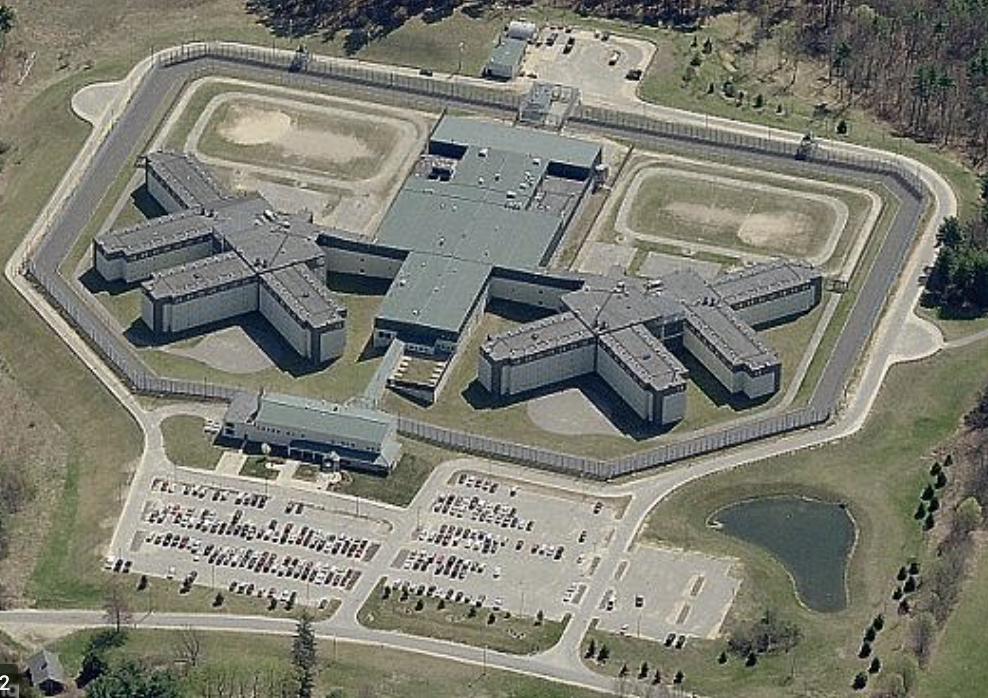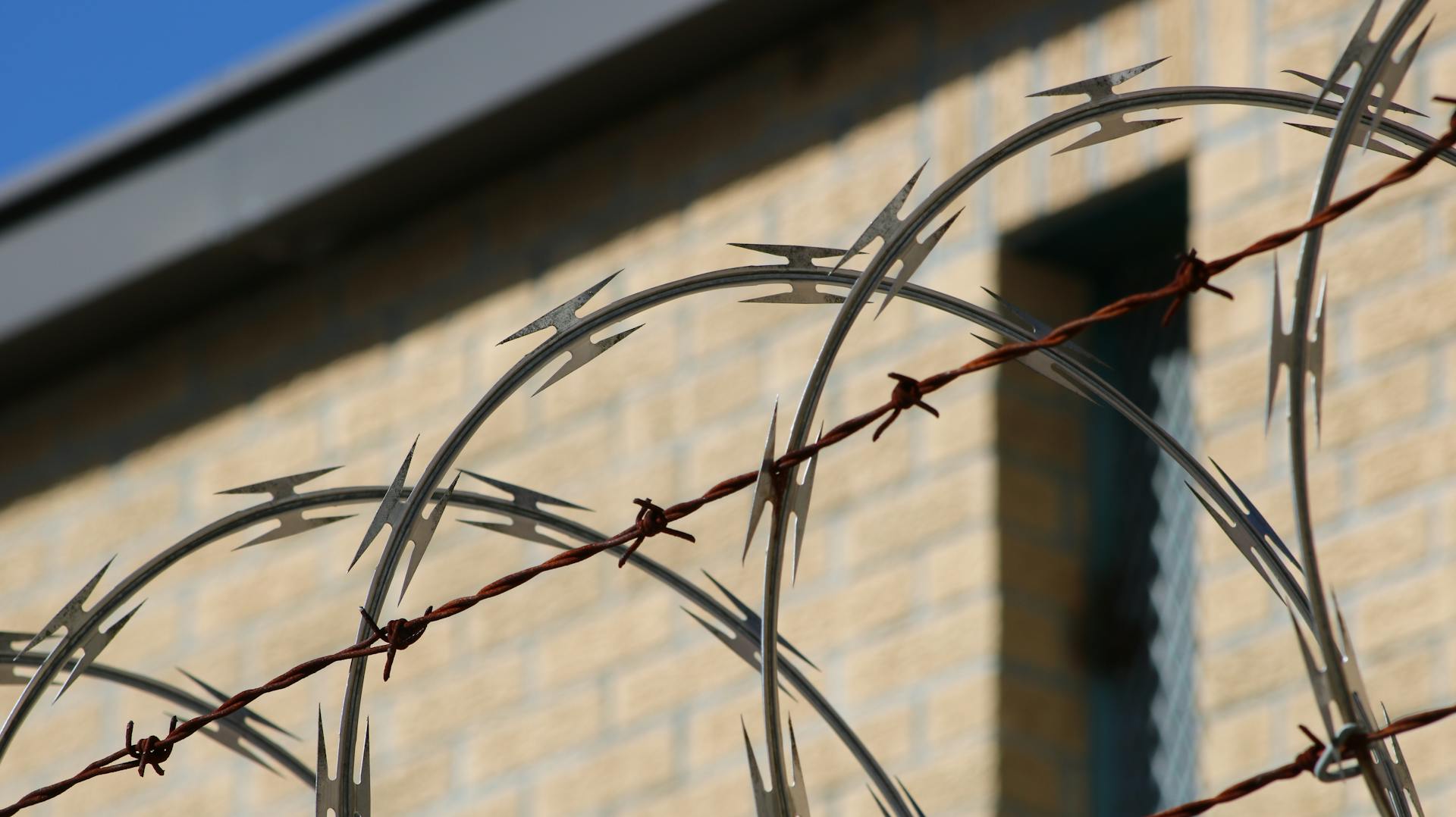In the international context, transitional justice efforts are increasingly taking a “local turn,” foregrounding the specific expertise and insights of directly impacted people.
In this post, we pick up elements of a similar conversation about justice that is happening the community where we, at World Peace Foundation, are located: Massachusetts. This post publishes analysis and a set of recommendations developed by the ad hoc Council of Returned Citizens (people who have spent time in incarceration). Originally published in Spring 2022, the insights gain new relevance this month, as a new Governor has been sworn into office.
“Policy & Program Recommendations of the Massachusetts ad hoc Council of Returned Citizens” (April 22, 2022).
Members: Stacey Borden, Jasmin Borges, Ray Champagne (deceased), Michael Cox, Robert Foxworth, Romilda Pereira, with: Mary Valerio and Dorothy Stoneman
Introduction:
Inspired by the open public meeting convened by Senator Will Brownsberger to report on the Correctional Funding Commission, our group stepped forward to go deeper into our experiences and recommendations for change. Flowing from a total of nearly 100 years incarcerated in eleven different MA prisons and jails, followed by many subsequent years of direct service and policy advocacy to improve the conditions in our State’s prison system, we have experience and knowledge that can inform essential improvements.
Top Priorities for Action:
- Independent Oversight of All Aspects of the System: The prison culture is one of punishment and
dehumanization. The focus of most aspects of the system is not the rehabilitation or the safe return to society of incarcerated persons. There is a normalization of trauma. There must be a new culture and a new set of programs created, funded by the State, with oversight from outside the Department of Correction. It should address access to medical services, mental health services, appropriate disciplinary practices, emotional healing methods, quality education and job training programs to prepare incarcerated persons for re-entry to society, supports for returning citizens, and the overall careful and transparent use of public funds for the public good. It must be a separate entity providing independent oversight. It should include directly impacted people on its board.
- Educational, Emotional, and Job Training Programming within the Prisons and Jails:
There is reliable research showing that educational programming for incarcerated persons
dramatically reduces recidivism, by as much as 43%[1].
By reducing recidivism, educational programs cut costs to taxpayers, decrease crime, and increase the positive contributions of returned citizens to their families and society. We know from our own experience that when we had access to educational and personal development programming it made a profound difference to our perspectives. Clearly this should be an absolute top priority. Unfortunately, it
is not. There are huge waiting lists for education. In response to a March 2022 query to the Executive Office of Public Safety, we learned that as of January 2019, out of 8,455 incarcerated persons only 993 were in any education programming and 4,694 individuals were on a waiting list. (See Appendix B)
An annual budget with a clear plan to provide appropriate education including basic education, college classes, and/or skills training for employment to every incarcerated person, regardless of their sentence, should be a top legislative and administrative priority. Education should not be dependent on pro bono contributions from colleges, although of course their pro bono work is deeply appreciated.
A broad concept of education including re-entry preparation, personal healing, financial management, parenting, how to obtain jobs and housing, and other skills for managing life should be included along with high school and college credited classes. Re-entry preparation should begin on day one and be available to all, regardless of civil, criminal, or pre-trial status.
- Resources for the Communities to support Re-entry: There is a very great need for resources to support the re-entry process. There are non-profit organizations eager to help with community
re-integration. These non-profits can help with housing, mentoring, job training, support groups, substance abuse counseling, trauma recovery, family re-connection, and other creative supports. There are inadequate amounts of resources going to the communities for this purpose.
In addition, major training needs to be provided to parole and probation officers to support re-entry. Their job descriptions say that is part of their role, but their practice is focused almost entirely on monitoring for compliance and threatening re-incarceration for technical deviations.
- Transparent Accountability for theUse of Public Dollars.
The proposed budget for the DOC is $750M for FY’23. While there is a so-called “line item” budget available on-line for the DOC, each line is for a distinct project with no detail regarding staff or services. There is inadequate transparency and accountability to the legislature and the public. We have noticed from the inside that there is an on-going emphasis on high wages and availability of overtime for correction officers.
More Texture on Our Experiences
The trauma of engagement with the justice system is hard to understand unless you have experienced it. Recovering from it is a lifelong process. We aim to make it better for people coming behind us.
First, they get you to plead guilty even if you’re innocent, so you can get a lower sentence. Frequently there are wrongful convictions, over-conviction, prosecutorial misconduct, and no accountability. Then once incarcerated, you find the culture of the correctional officers is primarily to punish and inflict pain. The criteria for program participation are exclusionary. Frequently even when you get into them, the programs are poorly run or cancelled, or delayed, triggering your anger and disappointment. Then when the time comes, parole is hard to obtain. Finally, there is no preparation for re-entry until you’re almost out and then no resources for re-entry and little or no support for the actual re-entry process. There is no opportunity to have pre-release hiring to earn money to support our re-entry.
One of us got his BA through a privately funded source while incarcerated. This was life changing. Another of us got decisive support during parole from 3 nuns, not from his parole officer. Another of us got critical financial support, emotional support, employment, and re-entry housing from a volunteer church group he had belonged to prior to incarceration; but he got only harassment from his parole officer and his parole officer’s supervisor. Even the parolee’s home sponsor was treated with disdain and disrespect.
Restorative justice circles inside the prisons were helpful. They came mostly from volunteers. One of us experienced a transformational Buddhist meditation group. It led to deep revelations and release of painful emotion related to trauma. This was also a gift from volunteers. Incarcerated individuals must hussle hard to get into programs that could truly change their perspectives, aspirations, and awareness. Writing, critical thinking, reading. When you plant seeds and flowers, good things happen.
Sadly, the guards are not oriented that way. One of us witnessed what happened when a grant for an educational program ran out. The teacher continued to volunteer. The guards started to harass him. He finally quit. It was a big loss.
Access to medical assistance is horrendous… just the bare minimum. One of us had cancer that could have been prevented if a colonoscopy had been provided. One of our friends in prison told the guard that her bowel movement was bloody, but they paid no attention and later she was diagnosed with cancer.
After release, one of us visited the prisons in the nation of Norway. She was stunned by the totally different culture, attitudes, resources, and processes for rehabilitation. Massachusetts should be as good as Norway. The essential oversight of the DOC should be informed by the best system in the world, coupled with the lived experience of incarcerated people, led and implemented by caring and committed public servants.
The personal experiences of thousands of incarcerated MA citizens would horrify the public if they were heard and understood. We hope the experiences and conclusions of just a few of us will help galvanize and support our advocates in the legislature to treat the situation with urgency and passion on behalf of all Massachusetts residents, incarcerated people, returning citizens, communities, and taxpayers.
On the DOC website, it states: “The Massachusetts Department
of Correction’s mission is to promote public safety by incarcerating offenders
while providing opportunities for participation in effective programming
designed to reduce recidivism.” Let us do what it takes to make that
mission a reality.
[1] https://sites.northwestern.edu/npep/benefits-of-prison-education/



